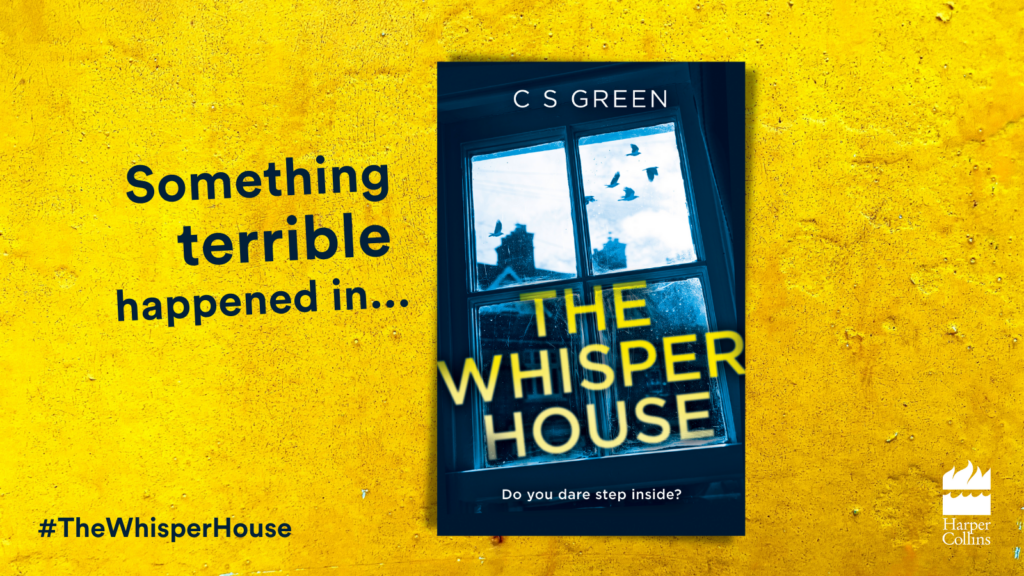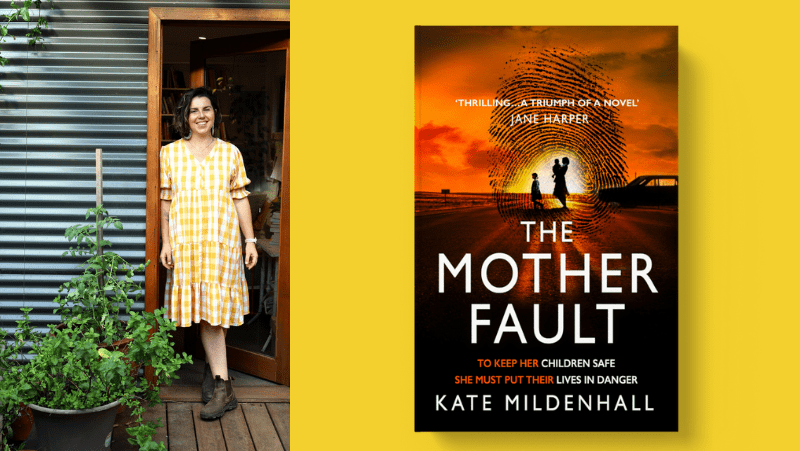From my youth ‘til now:


20,000 Leagues Under The Sea, by Jules Verne enriched my young reader’s mind with the notion of adventure, Sci Fi and it was probably my first exposure to an anti-hero, in Captain Nemo, while the antagonist in the story is actually a man trying to save the world.
The Adventures of Sherlock Holmes, by Sir Arthur Conan Doyle: because of the intricate details of observation, the idea that a detective can be a scientist as well as an eccentric genius.


The Great Gatsby, by Scott F. Fitzgerald: because it made a small town, very poor kid (me) believe I could reinvent myself as something much more than I was destined to be.
The Grapes of Wrath, John Steinbeck: because it introduced me to the idea that a writer could use symbols, in Steinbeck’s case, religious symbols, to give allegory to a story, which I try to sneak in to my own novels.


The Sound and The Fury, by William Faulkner: a difficult novel to read as it takes great concentration but it showed me how to look at a novel differently, and it is so off the wall that it taught me I might be able to write off the wall, too, to take chances and let it all hang out. My serial killer novel, Extended Family, is totally off the wall and most people thought it would never get published. The POV in Faulkner’s novel also changes drastically and I use that same device in my writing – against all so called rules of writing.
The Lonely Silver Rain, by John D. MacDonald: because it was the last book written with my favourite Private Investigator, (actually “salvage consultant”) Travis McGee. It is poignant as it introduces McGee’s daughter, and these books are always filled with action and MacDonald’s philosophical look on life. I’d love to continue this series if I could get permission from MacDonald’s estate. This is a character that deserves at least one more book. Reader’s unite and pressure them to let me do it!



The Silence of The Lambs, by Thomas Harris: possibly the best suspense book ever written and one of the most realistic about serial killers. The pacing and characterization are near perfection.
Either The World According to Garp, or The Hotel New Hampshire, by John Irving. Because Irving is one of the most accomplished and skilled writers alive and these books with their magnificent, memorable characters are some of his best.


It, by Stephen King: because of the world he creates, beginning with the children who have to face their fears. King’s mastery of dialogue, particularly coming from the mouths of children is unparalleled. Plus, this is just a scary as hell book.
Heaven’s Prisoners, by James Lee Burke: because this was the first book in the wonderful Dave Robicheaux series, the tough New Orlean’s detective, a drunk that battle his demons every day but manages to continue to do the right thing. And we get Burke’s philosophy on life, too, which picks up right where John D. MacDonald left off.
There are so many others: Raymond Chandler’s Phillip Marlowe books, Dashiell Hammett’s clever detective books, Dennis Lehane’s Mystic River, (the inevitability of loss), Stuart Neville’s Ghost of Belfast (very original story about an assassin’s guilt).
Patrick Kendrick is the author of Acoustic Shadows, out Thursday 11 June.



